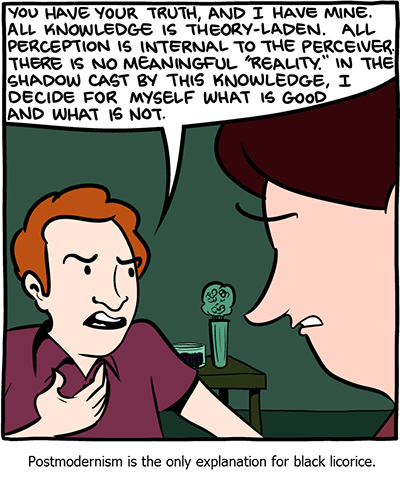Peter Boghossian and James Lindsay (henceforth B&L) have an article titled “The Conceptual Penis as a Social Construct: A Sokal-Style Hoax on Gender Studies” on Skeptic.com. The article describes a nonsense paper submitted, and accepted, to the journal Cogent Social Sciences. The authors consider it an indictment of gender studies and pay-to-publish journals.
This being a Sokal-style hoax, it’s worth recapping some of the strengths and weaknesses of the original Sokal hoax. First the weaknesses:
- Sokal’s paper was accepted to The Social Text, which is a journal of only mediocre impact.
- Peer review isn’t intended to weed out bad faith actors, but to enforce some minimum standard. The real test is later, when the academic community cites (or ignores) the publication.
- Sokal only had N=1. Distinguishing between good and bad papers is in general a difficult problem, and one expects that in the perfect balance, some good papers would be rejected, and bad papers accepted.
Now the strengths:
- The Sokal hoax is immediately compelling to general public, even when people don’t look into the details. There’s value in bringing the issue to popular attention.
- When I did look into the details last year, I found the paper’s content to be a damning indictment of the entire field:
It’s not simply that Sokal liberally salts his article with absurdities, it’s that he quotes plenty of postmodern academics doing the same damn thing.
Even if Sokal’s paper were rejected, one would have to account for all the nonsense already published and respected within the field.
- There was a clear way that The Social Text could have avoided being hoaxed, if anywhere in the review process they had asked someone in physics, biology, or math to glance at it.
B&L’s and attempt at a hoax falls short of Sokal, having worse weaknesses, and missing important strengths.

